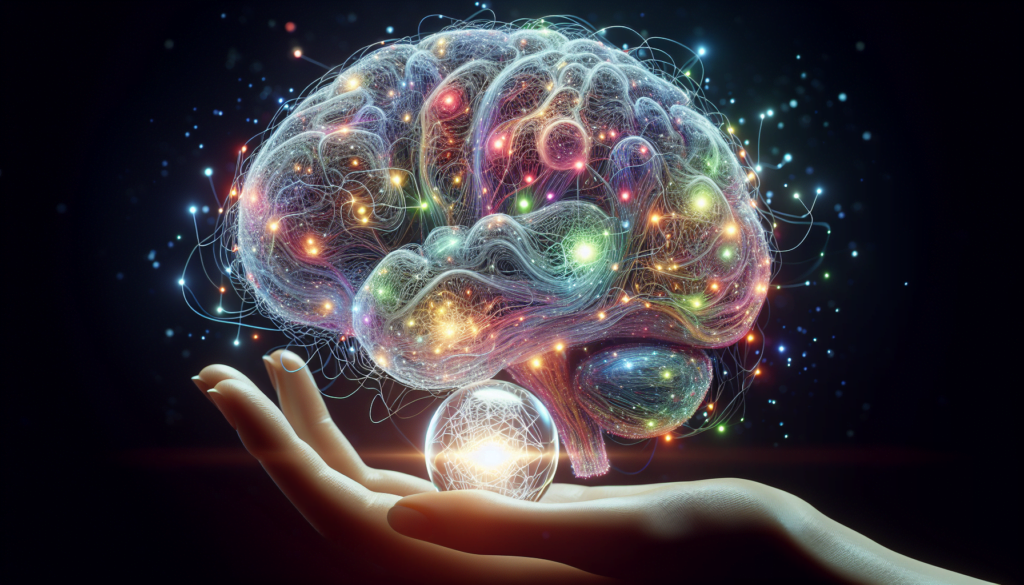Memory processes are the mental functions involved in retaining, recalling, and using information. Understanding these processes is crucial for enhancing learning, improving task management, and navigating daily life.
Key Takeaways
- Memory processes are essential for learning, decision-making, and functioning in daily life.
- There are three main stages of memory: encoding, storage, and retrieval.
- Dual-process theories explain the fast, automatic processing and slow, deliberate processing of information.
- Techniques such as rehearsal, chunking, and mnemonic devices can enhance memory and learning.
- Biological factors, including brain-derived neurotrophic factor (BDNF) and phase synchronization, play a role in memory processes.
- Memory processes are critical in skill acquisition and are affected by psychological factors and disorders.
Introduction to Memory Processes
Definition of Memory
Memory is the faculty by which the brain encodes, stores, and retrieves information. It is a dynamic system that allows individuals to retain experiences and knowledge over time, playing a pivotal role in learning and behavior.
Overview of Memory Stages
Encoding
Encoding is the initial learning of information, where sensory input is transformed into a form that can be processed and stored.
Storage
Storage refers to maintaining information over periods of time, ranging from brief to extended durations.
Retrieval
Retrieval is the ability to access stored information when needed, completing the memory process.

How Memory Works
Encoding Information
Sensory Input
The journey of memory begins with sensory input, where external stimuli are captured by the senses and converted into neural signals.
Processing and Combining Information
This information is then processed and combined with existing knowledge, a step crucial for the formation of new memories.
Storage of Memories
Short-Term Memory
Short-term memory holds information temporarily, allowing for immediate use and manipulation, a concept closely related to focus and concentration.
Long-Term Memory
Long-term memory is the extended storage of information, which can be recalled long after the initial learning has occurred.
Retrieval of Stored Information
Recall
Recall is the process of bringing previously learned information to mind without the presence of the original stimulus.
Recognition
Recognition involves identifying information in the presence of cues, a simpler form of retrieval.

Dual-Process Theory
System 1: Fast and Automatic Processing
System 1 operates quickly and effortlessly, handling familiar tasks and making rapid judgments.
System 2: Slow and Deliberate Processing
System 2 is slower and more deliberate, taking charge of complex problem-solving and unfamiliar situations.
Interaction Between the Two Systems
The interaction between these systems influences how we learn and make decisions, as detailed in studies on learning and conditioning.
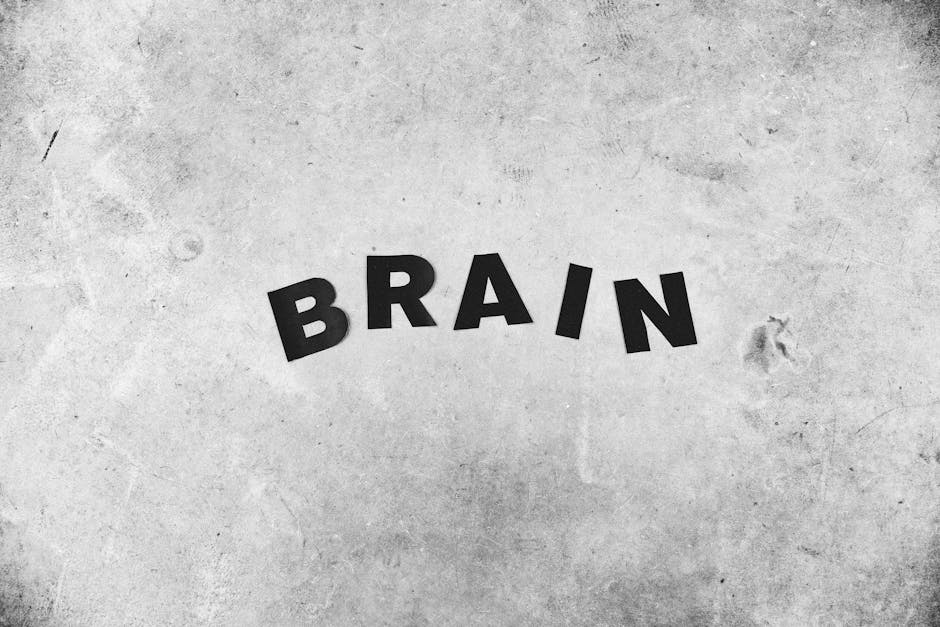
Dual-Process Theories and Learning
Implications for Learning Strategies
Engaging Automatic Processing
Leveraging automatic processing can make learning more efficient, as it requires less cognitive effort.
Engaging Deliberate Processing
Deliberate processing, though more demanding, is essential for understanding complex concepts and mastering new skills.
Enhancing Memory and Learning
Rehearsal Techniques
Rehearsal techniques involve the repetition of information to transfer it from short-term to long-term memory.
Chunking Information
Chunking breaks down large pieces of information into smaller, manageable units, making them easier to remember.
Mnemonic Devices
Mnemonic devices are memory aids that help encode information in a way that is easier to recall.
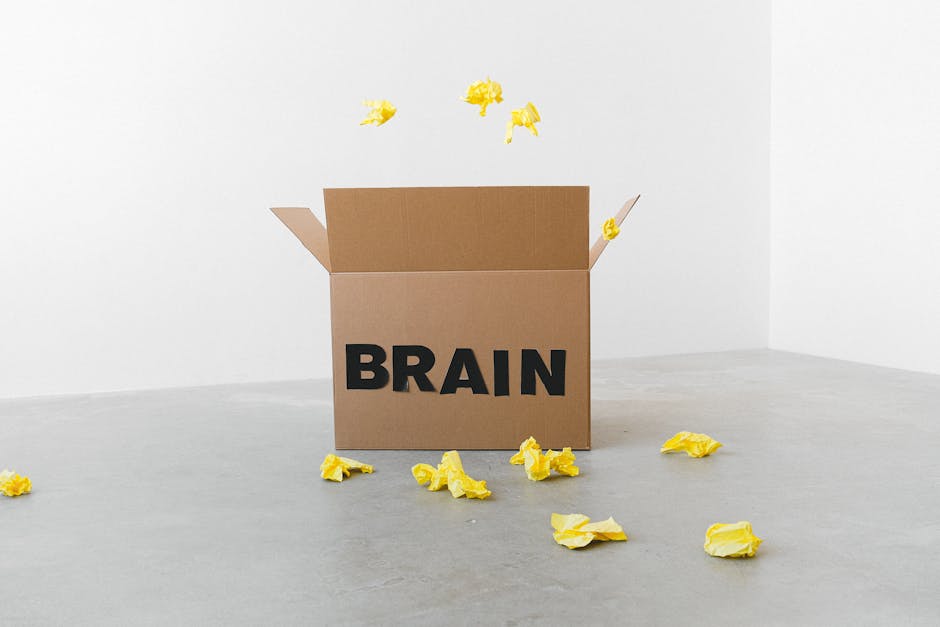
Improving Recall
Techniques for Better Memory
Effective Rehearsal
Effective rehearsal goes beyond simple repetition, involving deeper engagement with the material.
Use of Chunking
Chunking can be particularly useful in task management, helping to organize and remember various responsibilities.
Mnemonic Devices
Mnemonic devices, such as acronyms or visual imagery, can significantly improve recall.
Practice and Repetition
Consistent practice and repetition strengthen the neural connections associated with memories, solidifying them over time.
Environmental Factors Influencing Recall
The environment in which learning and recall occur can greatly affect memory processes, a concept explored in distraction management.
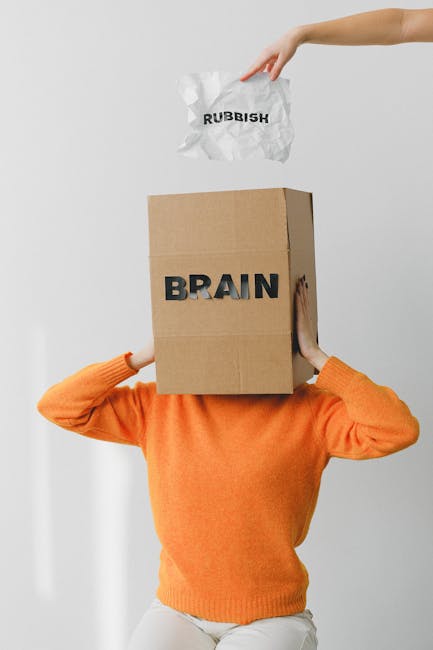
Biological Aspects of Memory Processes
Brain-Derived Neurotrophic Factor (BDNF)
Role in Synaptic Plasticity
BDNF is a protein that plays a key role in synaptic plasticity, the ability of synapses to strengthen or weaken over time, which is essential for learning and memory.
BDNF/TrkB Signaling Pathway
The BDNF/TrkB signaling pathway is involved in the growth and maintenance of neurons, crucial for long-term memory formation (source).
Phase Synchronization in the Brain
Memory Formation
Phase synchronization, the harmonious firing of neurons, is important for the formation of memories.
Memory Retrieval
Similarly, synchronized neural activity is involved in the retrieval of stored information.
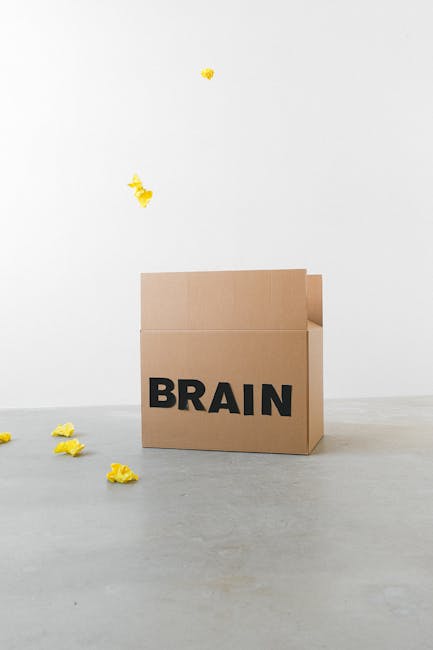
Memory Processes in Skill Acquisition
Learning vs. Performance Distinction
Definitions and Differences
Learning refers to the acquisition of knowledge or skills, while performance is the application of what has been learned.
Memory Processes in Motor Skills
Memory processes are particularly important in the acquisition of motor skills, where practice leads to more fluid and automatic performance.
Practice and Skill Consolidation
Repeated practice not only improves performance but also leads to skill consolidation, where movements become more automatic and require less conscious effort.
The Role of Psychology in Understanding Memory
Psychological Studies on Memory
Cognitive Processes
Psychological research delves into the cognitive processes involved in memory, exploring how information is encoded, stored, and retrieved.
Behavioral Aspects
Behavioral aspects of memory examine how our actions and experiences influence and are influenced by our memory processes.
Memory Disorders and Their Impact
Amnesia
Amnesia is a disorder characterized by the inability to remember information, often due to brain injury or disease.
Dementia
Dementia, including conditions like Alzheimer’s disease, involves the deterioration of memory and cognitive function over time.
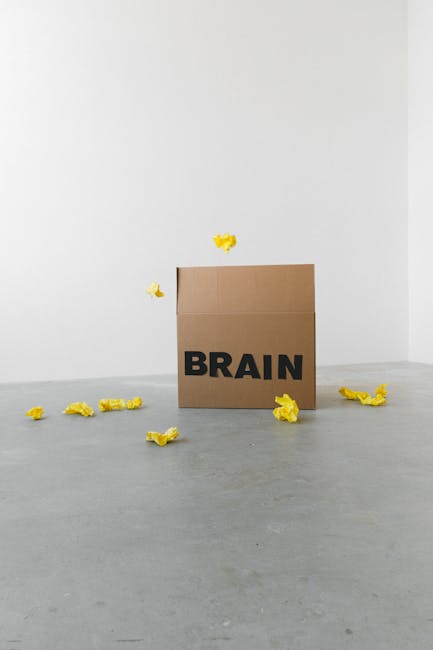
Conclusion
Summary of Memory Processes
The memory processes of encoding, storage, and retrieval are fundamental to our ability to function and thrive in a complex world.
Importance of Memory in Daily Life
Memory is essential for everyday activities, from learning new skills to navigating social interactions and making decisions.
Future Directions in Memory Research
Ongoing research continues to unravel the complexities of memory, with the potential to develop new strategies for enhancing memory and treating disorders. Understanding how psychologists study behavior and mental processes, including memory, provides valuable insights into the human mind (source).
Unlock the Mysteries of Your Mind: Memory Processes FAQ
What are the main types of memory processes?
The main types of memory processes include encoding, which is the initial learning of information; storage, which involves maintaining information over time; and retrieval, which is the ability to access information when you need it. These processes work together to allow us to take in new information, store it, and recall it later on.
How does short-term memory differ from long-term memory?
Short-term memory, also known as working memory, is the capacity to hold a small amount of information in an active, readily available state for a short period of time. Long-term memory, on the other hand, refers to the storage of information over an extended period. While short-term memory has a limited capacity and duration, long-term memory can store larger quantities of information for potentially unlimited durations.
Can we improve our memory processes?
Yes, memory processes can be improved through various techniques such as regular mental exercises, mnemonic devices, adequate sleep, healthy nutrition, and staying physically active. Engaging in activities that challenge your brain, like puzzles or learning new skills, can also enhance memory.
What role does attention play in memory?
Attention is critical for memory because it influences the initial encoding of information. Without proper attention, information may not be effectively encoded into short-term memory, making it less likely to be transferred into long-term memory. Focused attention helps filter out distractions and enhances the likelihood that an experience will be remembered.
Why do we forget information?
Forgetting can occur for several reasons, including the failure to encode information properly, the decay of memory traces over time, interference from other information, and retrieval failure. Sometimes, forgetting is a result of the brain’s way of prioritizing information and discarding what is no longer relevant.
What is the difference between explicit and implicit memory?
Explicit memory, or declarative memory, involves conscious recollection of information such as facts and events. It is further divided into episodic memory (personal experiences) and semantic memory (general knowledge). Implicit memory, or non-declarative memory, refers to unconscious memories such as skills and conditioned responses.
How does stress affect memory?
Stress can both positively and negatively affect memory. Short-term stress can enhance the formation of memories due to the release of stress hormones. However, chronic stress can impair memory processes, particularly the retrieval of information, by damaging areas of the brain such as the hippocampus, which is crucial for memory.
What is memory consolidation?
Memory consolidation is the process by which short-term memories are transformed into long-term memories. This involves the stabilization and integration of new information into existing knowledge networks in the brain. Consolidation typically occurs during sleep, highlighting the importance of a good night’s rest for memory formation.
Are there any diseases that specifically affect memory?
Yes, there are several diseases that can affect memory, with Alzheimer’s disease being one of the most well-known. Alzheimer’s disease and other forms of dementia can lead to progressive memory loss. Other conditions like stroke, traumatic brain injury, and certain infections can also impact memory processes.
Is it possible to have a ‘photographic’ memory?
The concept of a ‘photographic’ or eidetic memory, where a person can recall images, sounds, or objects with high precision, is a subject of debate among psychologists. While some individuals may have exceptional memory abilities, a true photographic memory has not been conclusively proven to exist in scientific studies.
